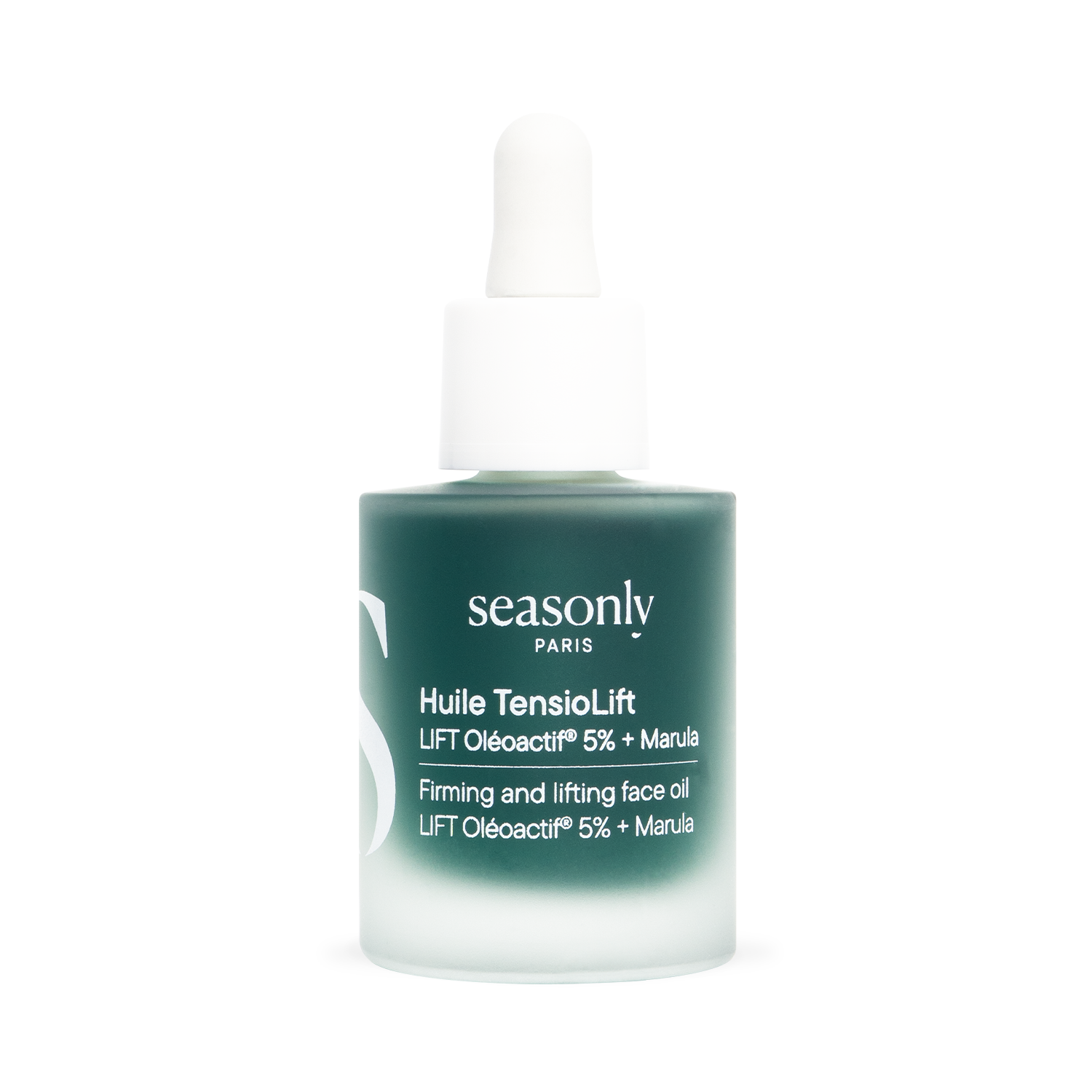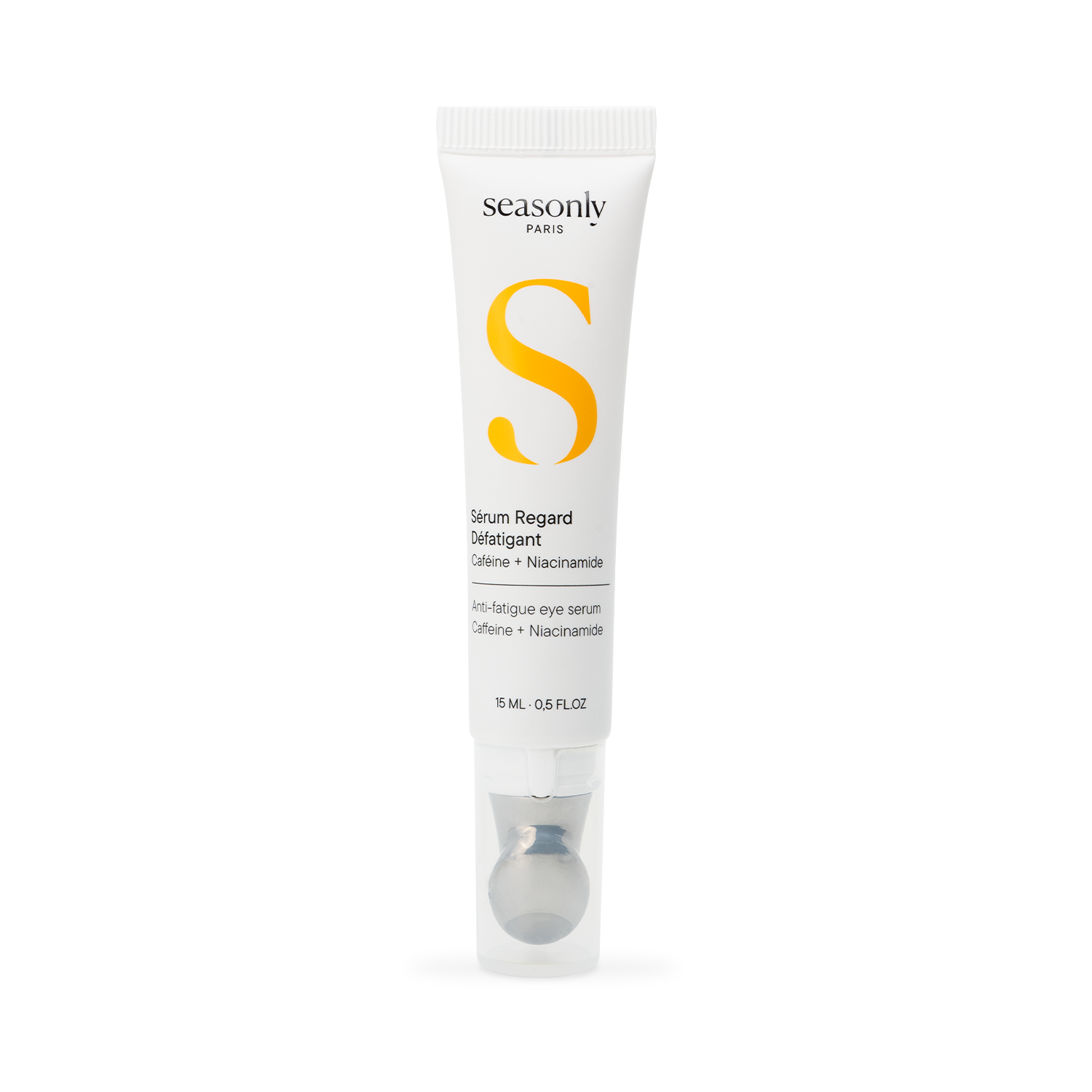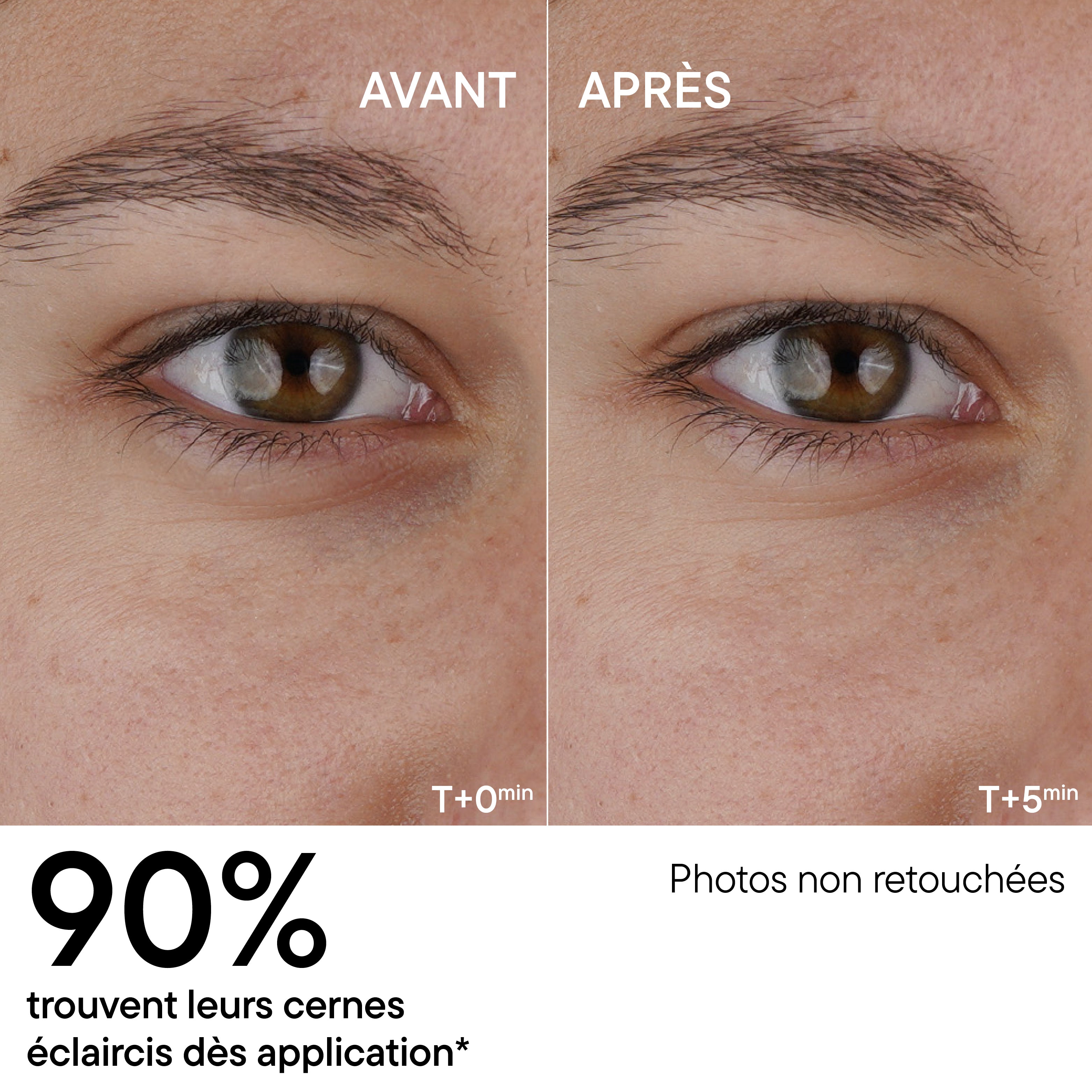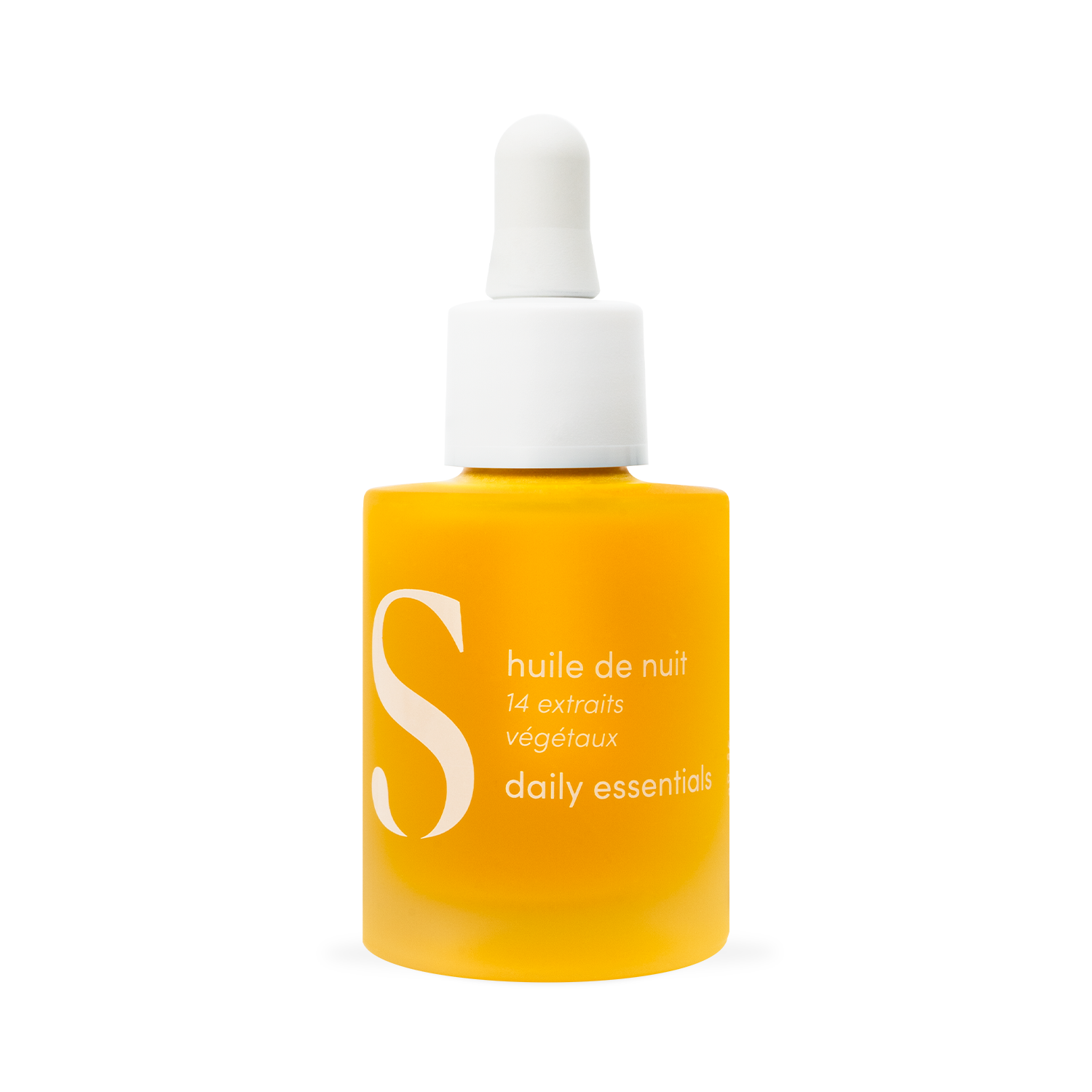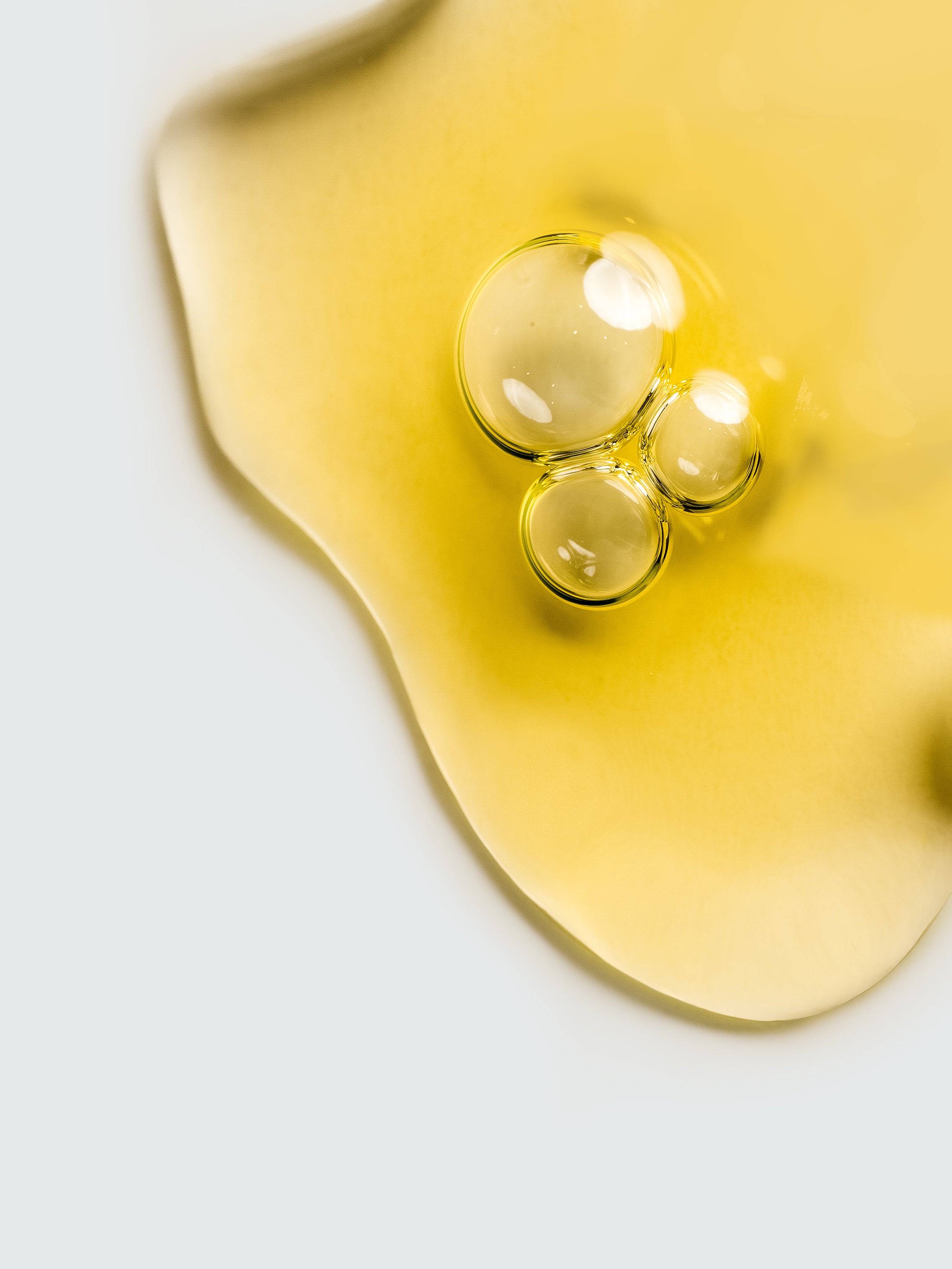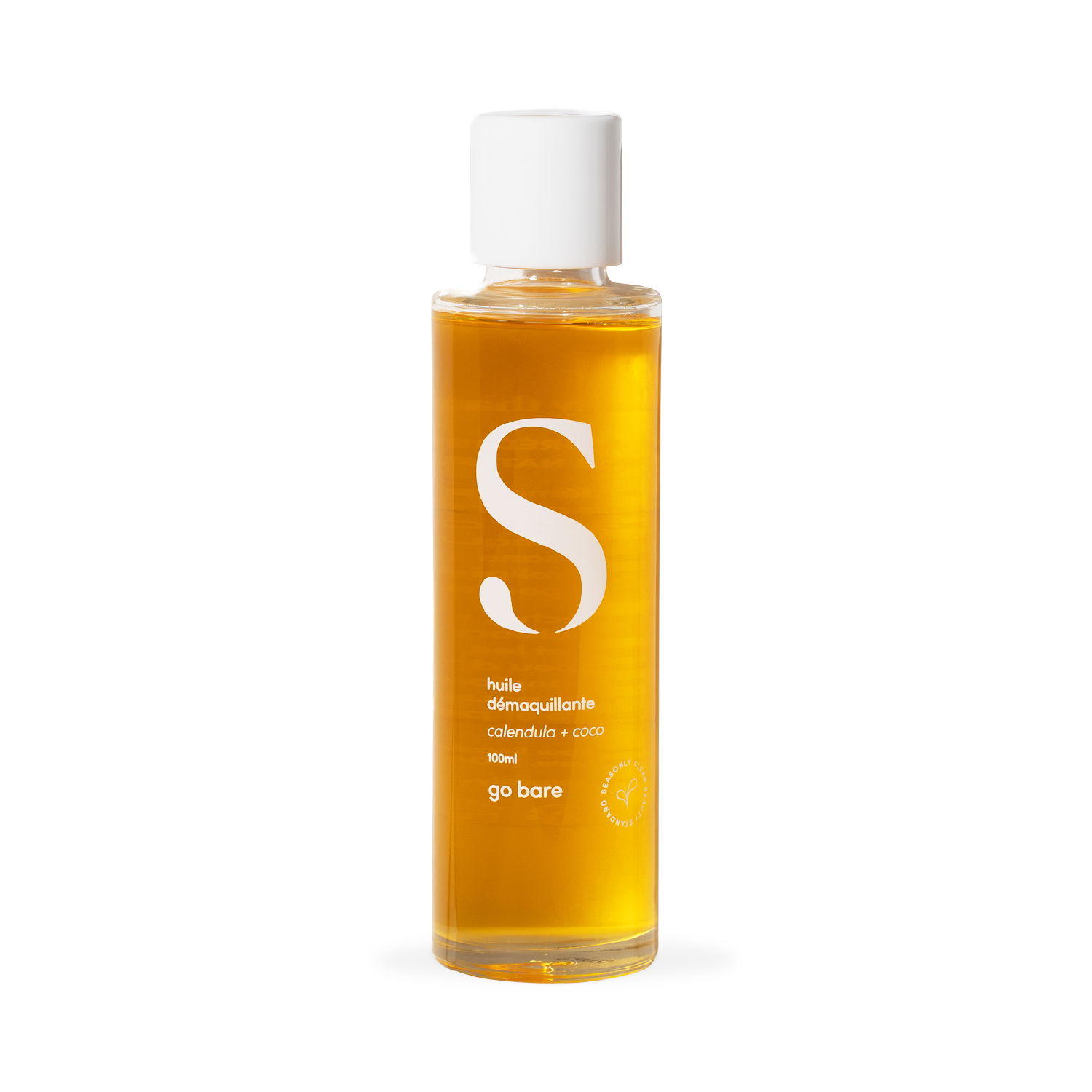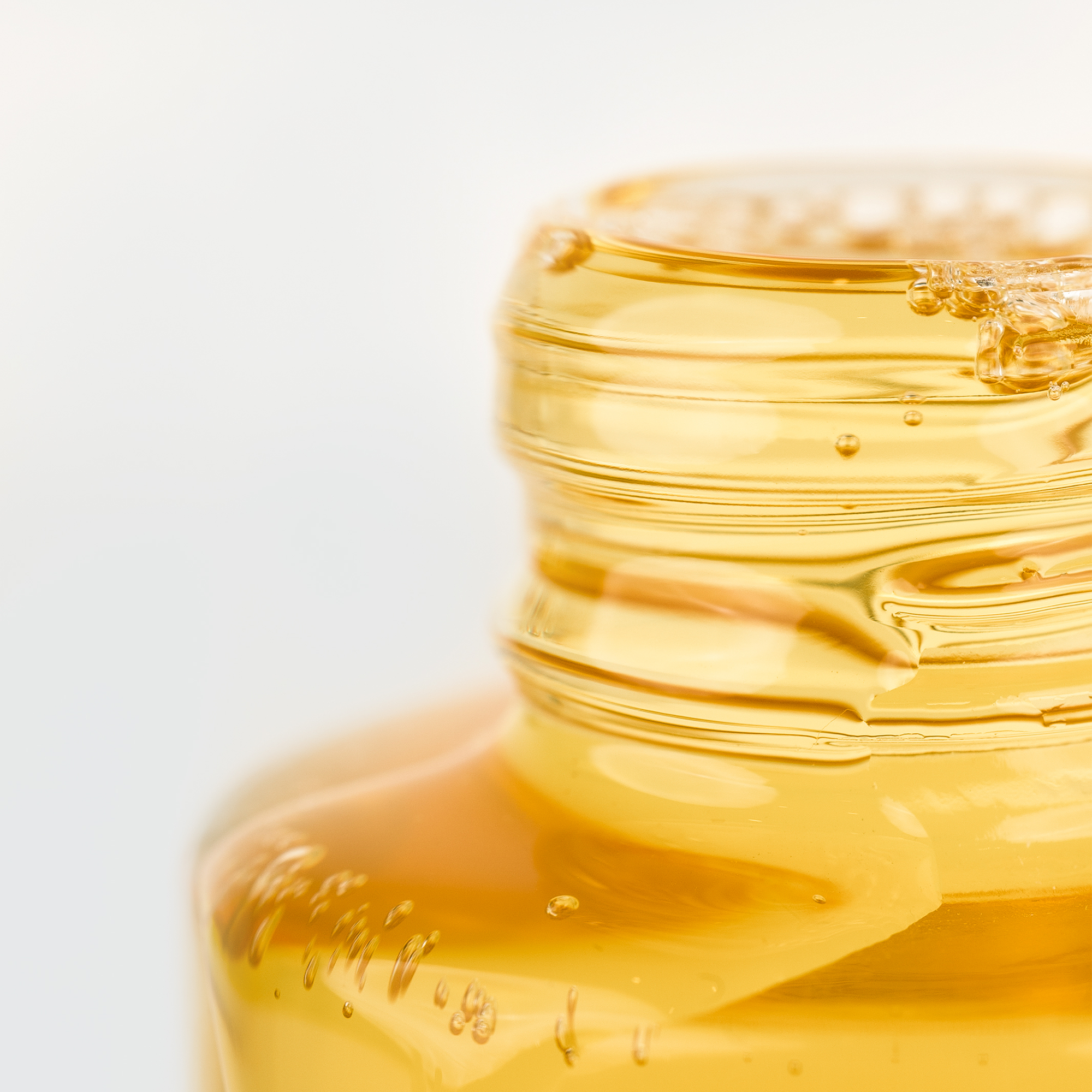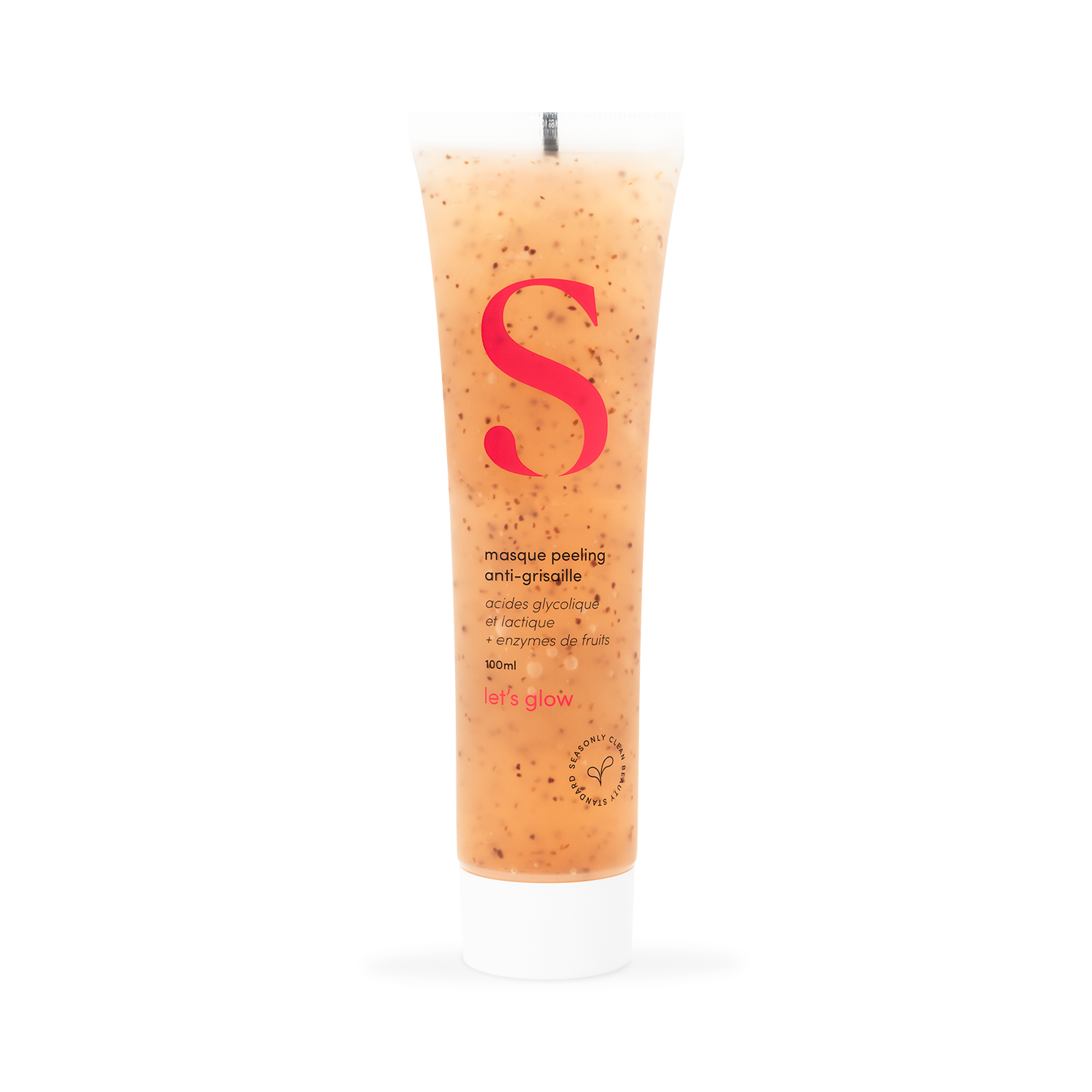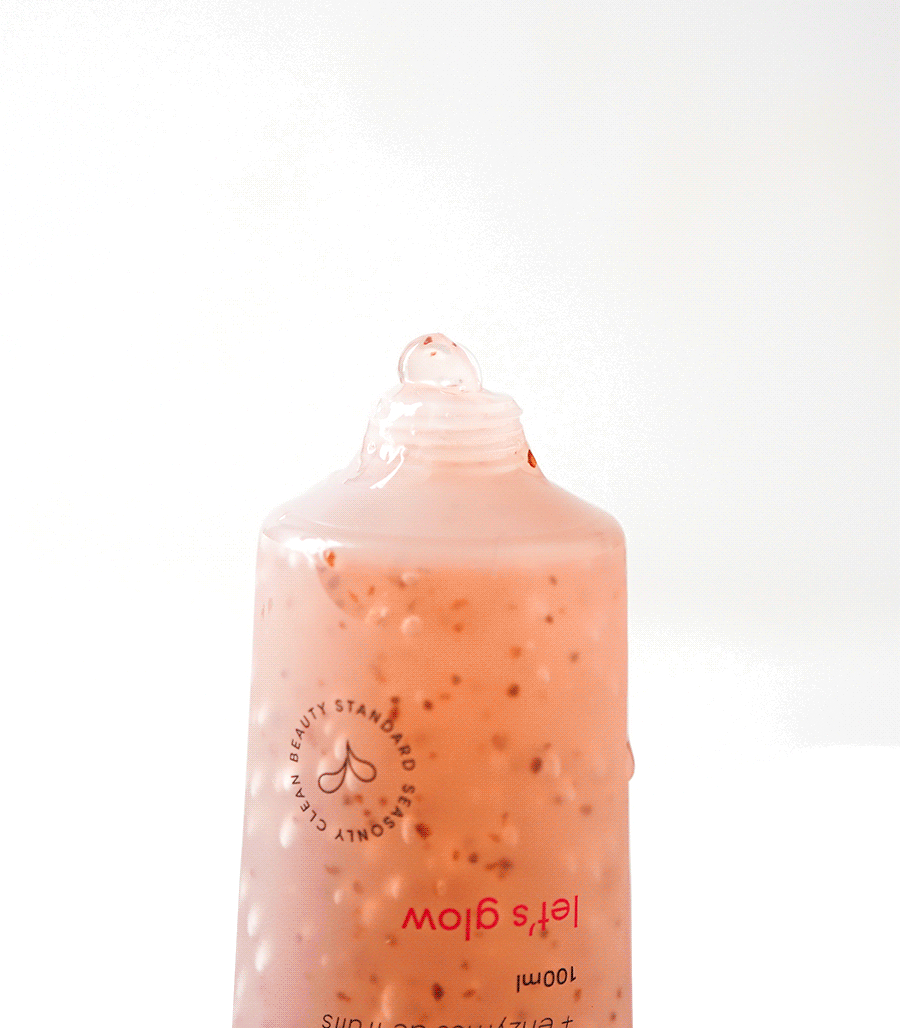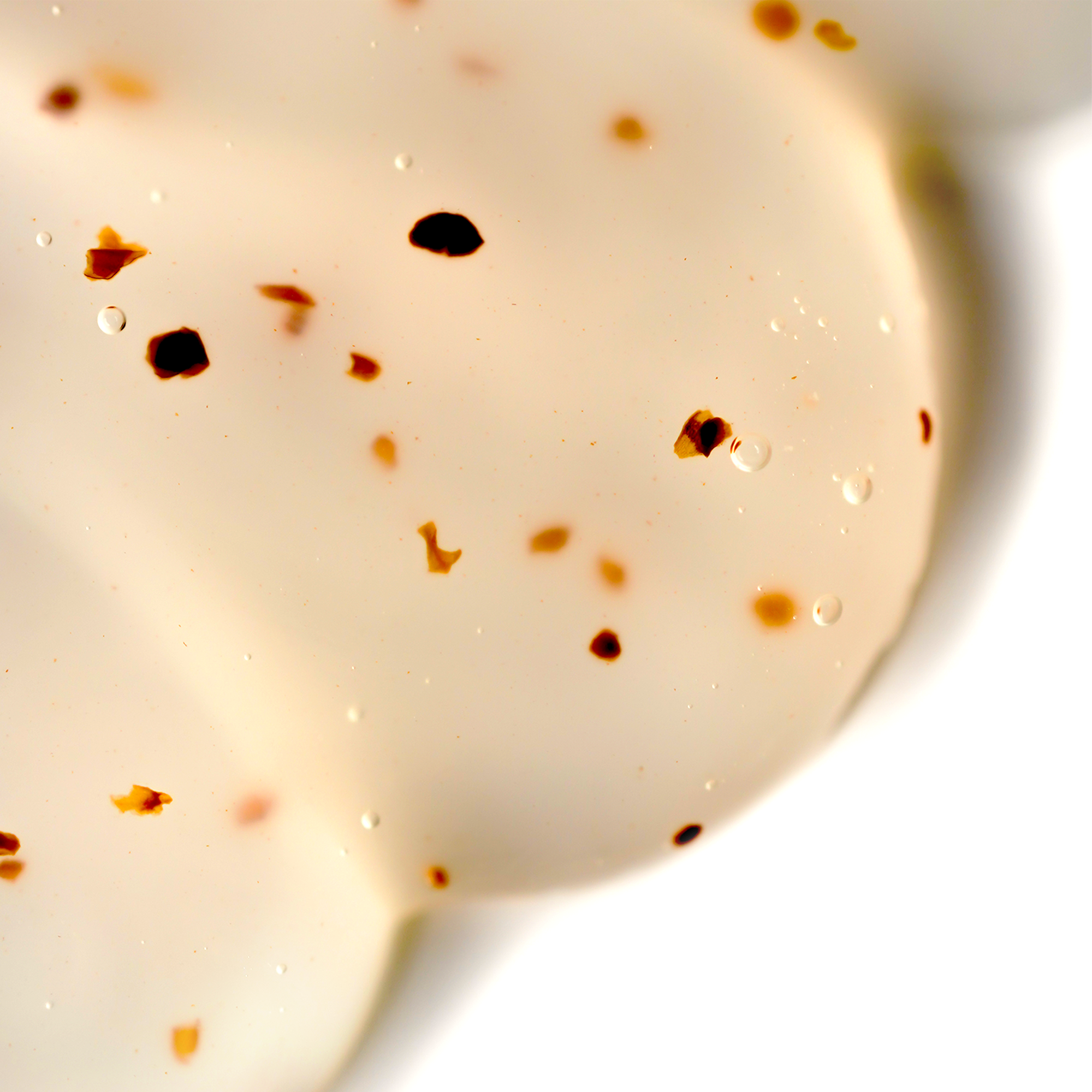What are the benefits of rosehip oil?
Obtained from the cold pressing of the seeds of the fruit of the rose, in particular of the species Rosa rubiginosa or Rosa moschata , rosehip oil is increasingly used in cosmetics for its restorative and antioxidant properties but know Do you really know its benefits for the skin?
What active ingredients are found in rosehip oil?
Rosehip oil contains a unique cocktail of antioxidants and fatty acids which allow it to have restorative properties while boosting cell regeneration:
- Essential fatty acids : Rosehip oil is exceptionally rich in omega-3 (linoleic acid) and omega-6 (linolenic acid), two fatty acids that play a crucial role in cellular regeneration processes.
- Vitamin A : An active ingredient with anti-aging properties that stimulates the production of collagen, an essential protein to fight against skin aging.
- Vitamin E : A powerful antioxidant that fights free radicals, responsible for cell damage and skin aging.
- Vitamin C : Another essential antioxidant that helps with collagen synthesis, essential for maintaining skin elasticity and firmness.
What are the properties of rosehip oil?
A study published in the International Journal of Molecular Sciences highlighted the potential of rosehip oil to promote cell regeneration. According to this study, it accelerates cell renewal, reduces the depth of wrinkles, improves skin texture and reduces damage caused by prolonged exposure to the sun.
Reduction of scars:
One of the virtues of rosehip oil is its effectiveness in reducing scars. Clinical studies have demonstrated that regular application of this oil improves the color, texture and overall appearance of scars, including post-surgical hypertrophic scars.
Natural Anti-Inflammatory:
Thanks to its high fatty acid content, rosehip oil has anti-inflammatory properties. It is beneficial for skin conditions such as eczema, psoriasis and atopic dermatitis, reducing redness and inflammation associated with these conditions.
Antioxidant Mechanisms:
The natural antioxidants found in rosehip oil fight free radicals, unstable molecules that can damage skin cells. A study published in "Antioxidants" highlighted the protective role of vitamin E, particularly against oxidative damage.
Recommendations and Precautions:
Although rosehip oil is generally well tolerated, we recommend that you use a cocktail of several natural oils in order to increase the effects of rosehip oil, this is the case with our Night Oil for example. which contains 13 different oils.






